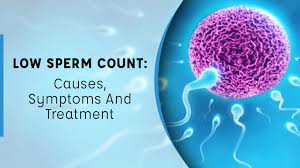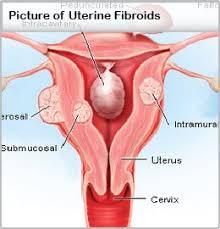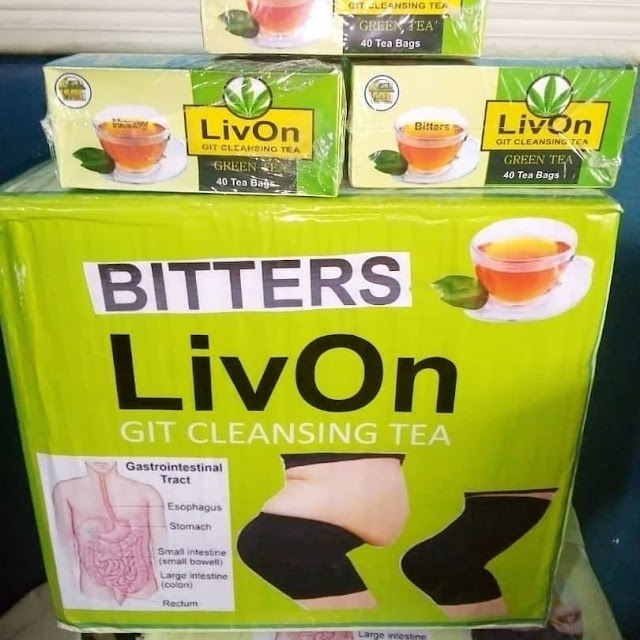Home Remedies for Thin , Watery Semen and low sperm count.
*LOW SPERM COUNT*
10 Home Remedies for
Thin and Watery Semen
1. Fructose Rich Foods
As Fructose is one of
the main component of semen so a diet poor in fructose may result in thinning
of semen. You can replenish your fructose deficiency by eating food rich in
carbohydrates. Fruits and vegetables are rich source of fructose so try to
include fresh fruits and vegetables in your diet plan. Apple, berries, pears,
grapes, dates, guava, mango, pineapple and watermelon and rich sources of
fructose. Cucumber, cabbage, tomato, lettuce and onions are good sources of
fructose.
2. Dried
Dates and Milk
Soak 5-7 dry
dates(chhuhara) in milk for 2-3 hours or until they become soft. Eat them with
milk daily to cure thinning of semen. Dates are excellent source of
carbohydrates and dietary fibers. They also contain a good amount of Vitamin
B1, B2, B3, B5 and small amount of Vitamin A1. Dates(khajur) not only improve
overall energy level but also increase sexual stamina and help to make your
semen dense.
3. Zinc Rich Foods
Sometimes zinc
deficiency also cause thinning of semen. Oyster, lamb(mutton), almonds, peanuts,
pine nuts(chilgoza), cashews and sunflower seeds are good sources of Zinc.
4. Selenium Rich Foods
Selenium is also
essential for proper thickening of semen. Brazil Nuts, Sunflower Seeds,
Fish(salmon, sardines and tuna), Oyster, Lamb(mutton),chicken,eggs,wheat germ,
barley, brown rice, oats and onion are good sources of selenium.
5. Vitamin C Rich Foods
Sometimes deficiency of
vitamin C may also lead to thinning of semen. Increase your intake of Foods
rich in Vitamins C. Oranges, tangerines, limes, guava, lemons, papayas,
strawberries, black currants, grapefruit and mangoes, collard greens, green and
red peppers, broccoli, tomatoes, brussel sprouts, cabbage, potatoes, kale,
spinach(palak), and watercress are good natural food sources of Vitamin C.
6. Vitamin E Rich Foods
Vitamin E Rich Foods
are also important to cure the problem of thin and watery semen. Many natural
oils including olive oil, sesame, sunflower, safflower, soybean, peanut, and
corn are naturally rich sources of Vitamin E. Some nuts and seeds also contain
good amount of Vitamin E. Almonds, walnuts, Brazil nuts, hazelnuts, sunflower
seeds are excellent examples of Vitamin E rich nuts and seeds. Butter,
margarine, eggs, wheat germ, wheat germ oil, soya, yams, corn and fortified
cereals are other good sources. Some green vegetables like spinach and broccoli
also contain good amount of Vitamin E. Avocados, mangoes and sweet potatoes are
also good sources of Vitamin E.
7. Vitamin B12 Rich Foods
Deficiency of Vitamin
B12 may also lead to thin and watery semen. Try to eat foods rich in Vitamin
B12. Liver, kidney, yogurt, cheese, eggs, dairy products, nonfat dry milk,
fish, clams, oysters, salmon and sardines are good sources of Vitamin B12.
8. Reduce your Stress Level
Reduce your stress
level because stress is also responsible for hormonal imbalance and cause
thinning of semen. You can reduce your stress level by regular practice of yoga
or meditation.
9. Regular Exercise Along with Healthy
Foods
Exercise is important
to strengthen the body muscles and and adequate production of semen. Regular
exercise not only helps to overcome the problem of thin semen but also helps to
reduce your overall stress level. After exercise don't forget to fuel your body
with healthy foods including fresh fruits and vegetables otherwise fructose
deficiency may further lead to thinning of semen.
10. Proper Sleep
Proper and uninterrupted
sleep of 6-8 hours is essential for healthy brain because only a healthy brain
is able to release a balanced amount of sex hormones for proper thickening of
semen.
SOME PRECAUTIONS AND
USEFUL TIPS
(i)If you are a
diabetic patient fructose rich food are hazardous to you so avoid consuming
them before consulting a doctor.
(ii) Avoid
Masturbation because the men who indulge in over masturbation start producing
poor quality semen due to weakness of muscles. Testes require 48-72 hours to
replenish sperms that`s why daily masturbation or ejaculation not only reduces
the amount of semen available for each ejaculation but also reduce sperm count
in semen and hence results in thinning of semen.
(iii)Maintain a gap of
3 days between two consecutive ejaculations. More times you ejaculate, the less
dense your semen will be because daily ejaculation reduces the amount of semen
available during each ejaculation. So for dense semen and healthy sperms have
sex with your partner at least after 2 or 3 days.
(iv) Avoid Smoking
because it not only damage blood vessels but also restrict the oxygen supply to
blood and decrease sperm production and also decrease their life span.
(v)Avoid alcohol
because it affects your liver function, which, in turn disturb hormonal levels.
Even two drinks a day will have long term effects on sperm production. So
strictly avoid alcohol intake.
(vi)Avoid hot baths
because over heating is dangerous for sperms.
(vii)If you don't get
rid of thinning of semen by using above remedies then don't rely only on these
home remedies and consult your problems with doctor because sometimes thinning
of semen may be a cause of other underlying sexual disease.
VISIT
https://chiviewmedia.blogspot.com/2020/09/what-to-know-about-pelvic-inflammatory.html





















